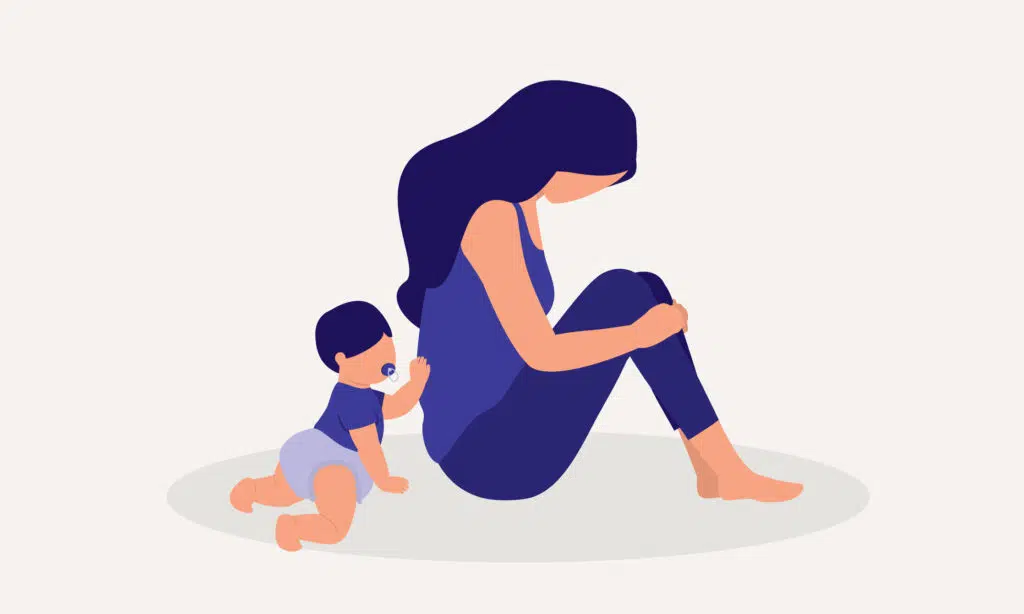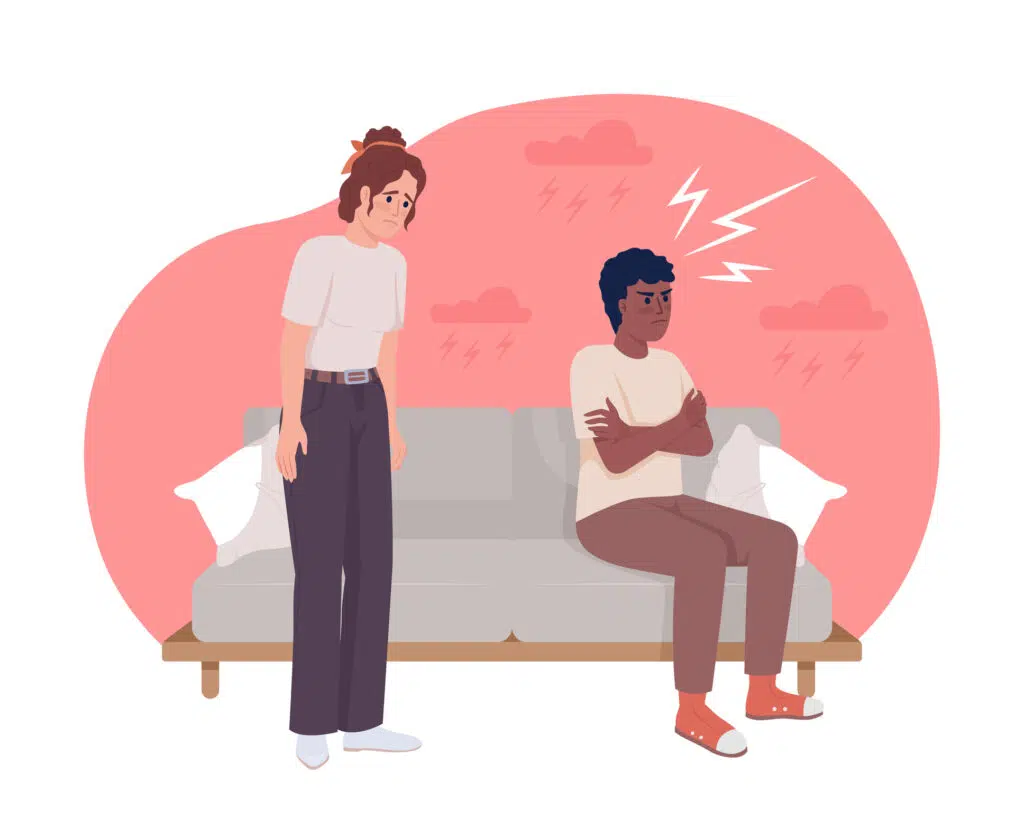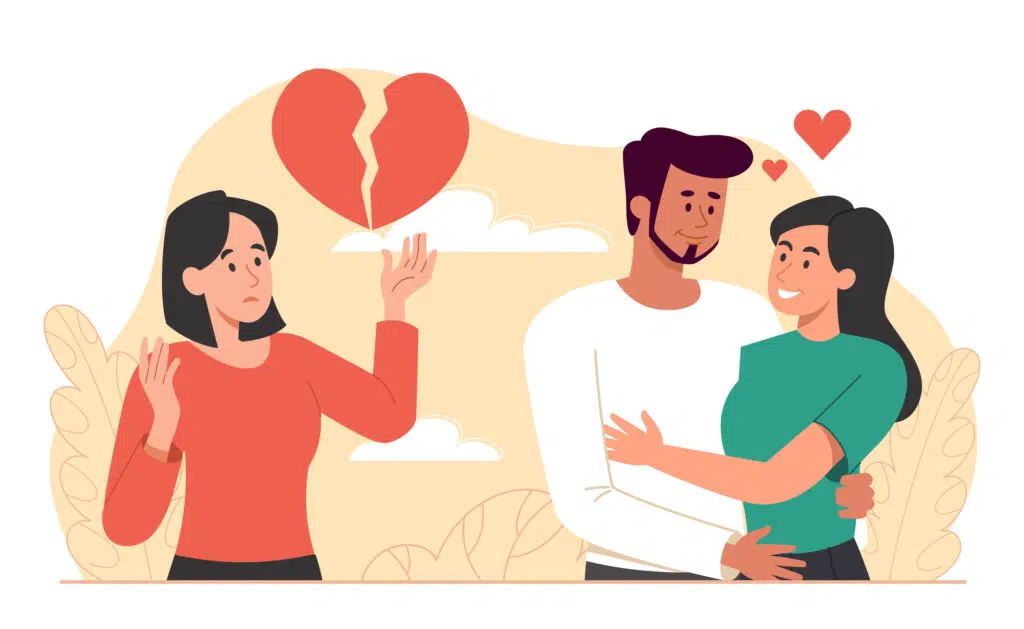6 Signs of Postpartum Depression

It’s normal for new parents to experience a wave of emotions after having a baby, but certain symptoms could signify a deeper problem that needs help. It’s important to be aware of the signs of postpartum depression for both yourself and your partner.
Both new parents and society, in general, hugely underestimate postpartum (PPD) or postnatal depression. It can have a devastating effect on new parents and the family, causing feelings of frustration, shame, anxiety, and hopelessness. It is important that every expecting mother and her partner/family be aware of the warning signs so you can reach out for support when you need it.
It was previously believed that 1 in every 10 women will suffer postpartum depression within a year after giving birth. Recent studies suggest that the number is closer to 1 in every 7 women. It’s estimated that there are about 140 million babies born every year around the world. Putting aside births involving multiple babies, that’s approximately 20 million women who could suffer from PPD. About 50% of these women will never be diagnosed and receive the help they need.
In the United States, this translates to about 4 million live births a year, which equates to 600,000 new mothers suffering from postpartum depression every single year. The staggeringly large numbers show just how many people suffer from postpartum depression.
What Is Postpartum Depression?
Postpartum depression is a type of depression that occurs in many new mothers after childbirth. Most moms might experience a bit of baby blues after giving birth as they have so many hormones going through their bodies. It’s normal to feel exhausted – but feeling ongoing sadness and hopelessness is not.
It is essential to be aware of the signs of the condition, as some women who experience postpartum depression may be at a higher risk of developing major depression later in life. It affects people differently. In some, it might come in the form of a sudden onset of symptoms, or it may take up to several months to realize that you might need help.
Untreated, it can last for months or even longer, making you feel awful and low. This can put a great deal of strain on you as a new parent, not knowing what to do or who to ask for help. There is still a stigma attached to conditions like PPD, which leads to new mothers feeling like they can’t speak up or reach out for help.
After childbirth, levels of certain hormones can take a nosedive, which can contribute to experiencing the ‘baby blues.’ A dramatic drop in estrogen, progesterone, and other hormones, can put you in a very ‘blue’ place.
What you are experiencing is not your fault and not something you can control either. You are not a bad mother and are not to blame. You are a human who has just undergone nine months of significant changes to your body and a lot of hormonal changes. It takes a toll, physically, mentally, and emotionally. So please don’t be hard on yourself. Just know that there is help available, and asking for and accepting that help is crucial in recovery.
Newer studies have shown that new fathers can experience PPD as well. You might be thinking, how? Well, the human body is a very complex engineering marvel with many secrets we are yet to discover, but there appear to be hormonal changes that take place in new fathers as well as they go through this journey too.
6 Warning Signs of Postpartum Depression
Here are six warning signs of postpartum depression.
- Loss Of Interest
Probably one of the first tell-tale signs of any depressive condition is a loss of interest. You may experience having no interest in interacting with your baby or no interest in bonding with your baby.
You may also feel like you have no interest in the world around you or in things you used to enjoy. You don’t want to go out. You don’t want to socialize, even with your friends. This can lead to total isolation.
At this point, you should take a step back and realize that you may need some outside help and support.
- Trouble Sleeping At Night
Naturally, you will be sleeping a lot less when your baby arrives. It’s important to remember that sleep is directly tied to your health and longevity. It will take a little while for you, your partner, and your baby to get into a routine.
If you start noticing that you are struggling to fall asleep or you’re having trouble staying asleep at night, this is something you need to monitor. It is crucial for both you and your baby that you get enough sleep. A lack of sufficient sleep can worsen the symptoms of PPD significantly. A good rule of thumb is for you to sleep when your baby is asleep.
- Ongoing Feelings Of Sadness, Guilt, Or The Baby Blues
When a new mother is struggling, it can cause her to feel like she’s not doing a good enough job of looking after her new baby.
When you are feeling low, and you’re not getting enough sleep, you can feel completely overwhelmed, like you don’t know what you’re doing. It’s a vicious circle that might keep you feeling like a failure as a mother. This leads to guilt and sadness, which is overwhelming, so the cycle goes on. If you’re experiencing persistent feelings of sadness, guilt, or shame, it’s important that you talk to someone.
- Lack Of Energy Or Feeling Tired All The Time
Again, it’s normal that new parents get less sleep after the baby is born. Less sleep can lead to feelings of low energy and exhaustion during the day. It’s important for both you and your partner to work together as a team so you can both get as much sleep as you can with a newborn.
If you’re getting sleep and you still feel fatigued all the time, it might be worth reaching out to your doctor for advice or a check-up.
- Trouble Focusing And Making Decisions
This can be a knock-on effect of not getting in enough rest. Sleep deprivation often leads to less-than-efficient cognitive processing. When you’re really tired, it’s hard to focus and make decisions.
Now include a new tiny human in the mix who might be crying for hours on end every night and day, and you have a recipe for burnout.
- Difficulty Connecting With Your Baby
This is another one of the symptoms that can feed into another. When you experience symptoms of depression, in general, you may find that you have no interest in doing things you previously enjoyed.
Couple that with a lack of sleep, general exhaustion, continuing hormonal fluctuations, and it may lead to you not feeling connected to your new baby. This, in turn, may make you feel guilty.
It’s crucial that you remind yourself or your partner that this is not your fault and you cannot control it. The best you can do for yourself and your new little bundle of joy is to seek the help and support you need.
How Thriving Center Of Psych Can Help
We know that therapy is a daunting step sometimes, and trying to find a new therapist who will both suit your individual needs and personality can be a tricky task at the best of times.
We walk with you every step of the way to match you with a therapist who suits your specific needs. Each of our therapists is carefully vetted to ensure they meet the necessary qualifications and are committed to the highest quality of care. Visit Thriving Center of Psych today, so we can help you find the right person to support you in your time of need.
Call our offices today in New York, California, Massachusetts, Illinois, Washington, Florida, Minnesota, New Jersey, and Oregon, or schedule an appointment online.

How to Move On After a Friendship Breakup
Friendship breakups can sting just as much as a romantic breakup. After all, you’re experiencing a loss of shared history and an understanding of each other that can leave you feeling lonely and isolated. Not all friendships are forever, but moving on from the loss of a friendship does take time and some self-compassion.

Signs You’re in a Toxic Relationship
A toxic relationship can chip away at your well-being and happiness. Toxic partners can be manipulative and charming, making it difficult to recognize the signs that you’re in a toxic relationship. You deserve to be in a supportive and healthy relationship.

10 Common Marriage Reconciliation Mistakes to Avoid After Infidelity
Infidelity can leave couples devastated. If you’ve been affected by infidelity and want to salvage your relationship, rebuild trust, or make a tough decision, keep reading for 10 common reconciliation mistakes to avoid after infidelity.

Survey: 72% of Americans are Stressing About the Upcoming Presidential Election
Political viewpoints in the U.S. have always been contentious, but is the impact of politics in the United States making it difficult for people to live their everyday lives? With some anticipating another brutal and long campaign season ahead of the upcoming 2024 presidential election, nearly half of Americans say politics is negatively impacting their mental health.




